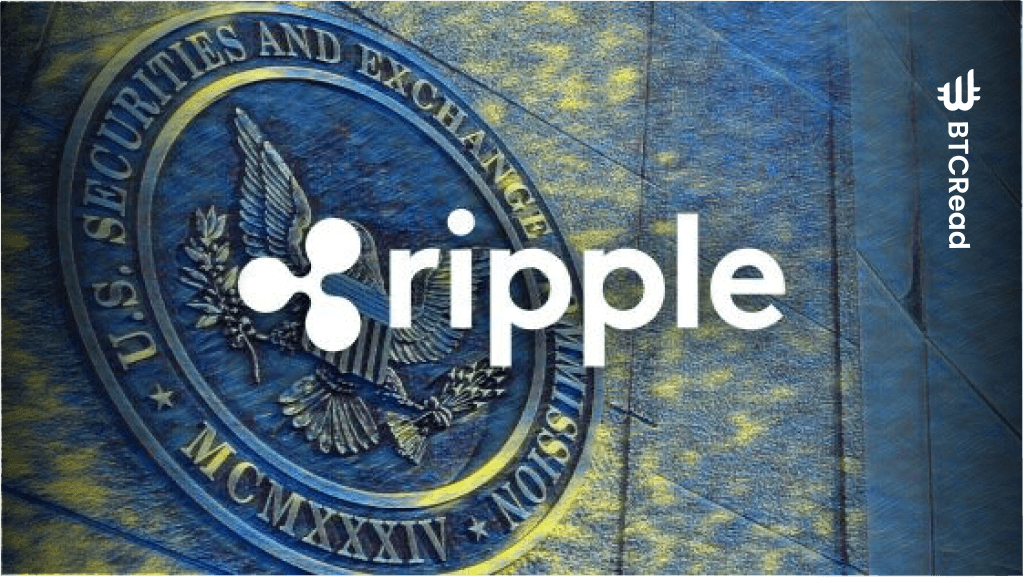Ripple Labs has recently filed a Notice of Supplemental Authority to strengthen its defense against the SEC’s request for remedies and final judgment. This July 2 submission cites a recent court ruling in the SEC v. Binance Holdings lawsuit.
Implications of the ruling for Ripple Labs
The U.S. District Court for the District of Columbia made a decision on June 28 related to the Binance case, where it partly accepted and rejected a motion regarding the SEC’s allegations of selling unregistered securities. This ruling aligns with Ripple’s outcome, specifically in terms of secondary-market transactions of digital assets.
The Binance case centers on five crypto assets and initiatives: BNB, BUSD, Simple Earn, BNB Vault, and BAM Trading’s Staking Program. On June 6, 2023, the SEC filed a lawsuit, citing thirteen violations of federal securities laws linked to these offerings.
The ruling on Binance highlights the complexities faced when applying traditional securities regulations to the cryptocurrency sector. As per the court:
[I]ntangible digital assets do not fit neatly into the rubric set forth in the mere seven pages that comprise the Howey opinion. Also, the agency’s decision to oversee this billion dollar industry through litigation – case by case, coin by coin, court after court – is probably not an efficient way to proceed, and it risks inconsistent results that may leave the relevant parties and their potential customers without clear guidance.
Ripple asserts that this observation underpins its position on the necessity of ensuring clarity regarding the legality of XRP sales. The company maintains that the absence of clear regulations before the court’s decision should factor into evaluating potential solutions.
Nevertheless, the ongoing legal battle between Ripple and the SEC highlights the significant impact on the crypto market. The call for clear regulatory direction grows more urgent as courts navigate the application of traditional securities laws to digital currencies.
Related | Robinhood eyes crypto futures expansion in US and Europe







